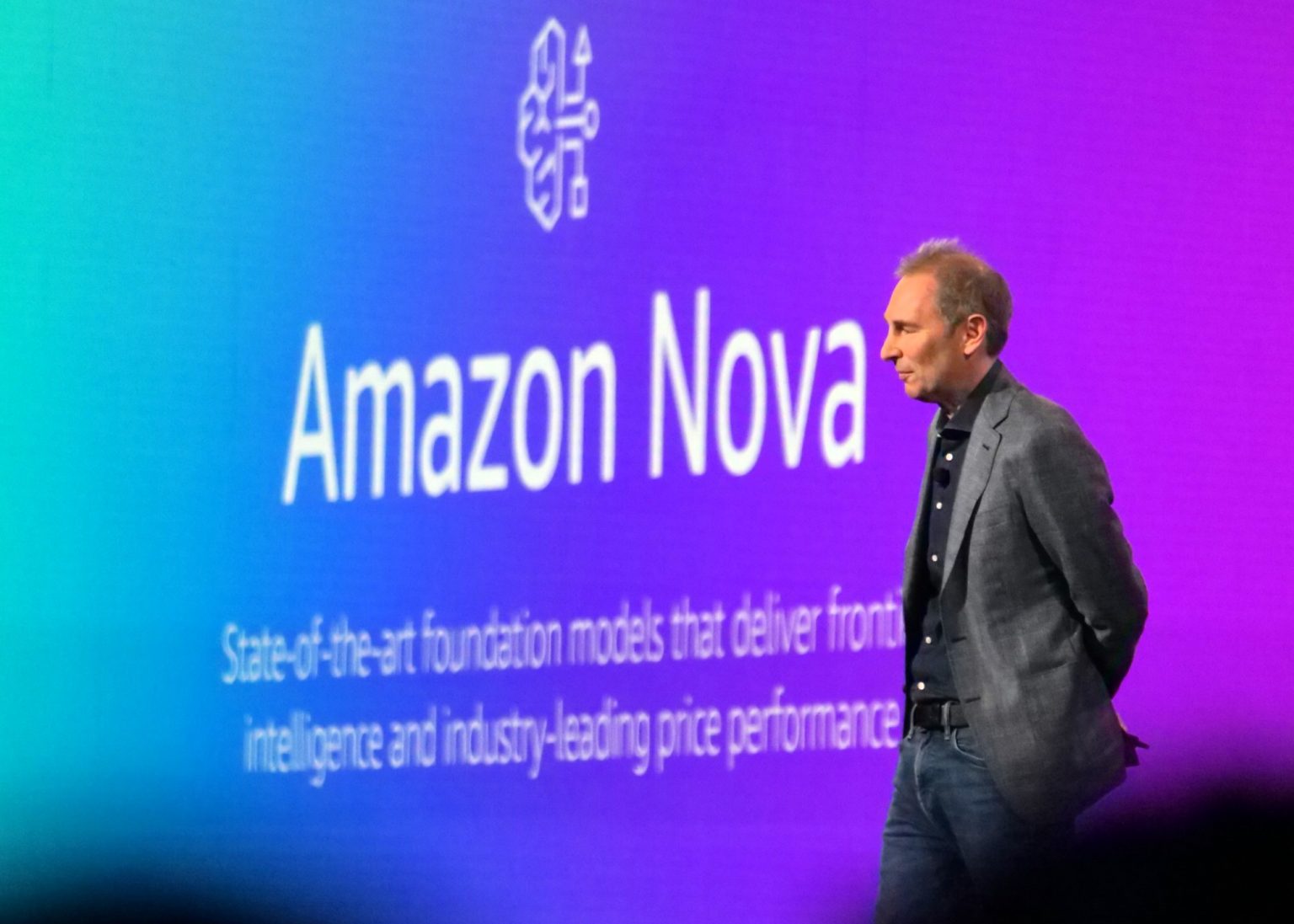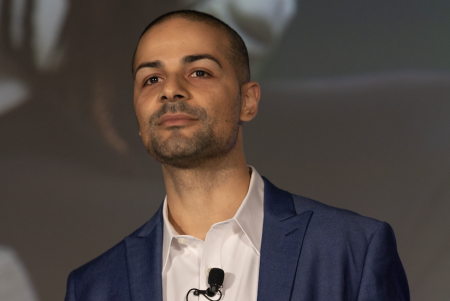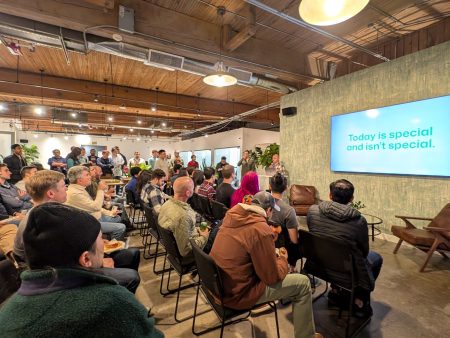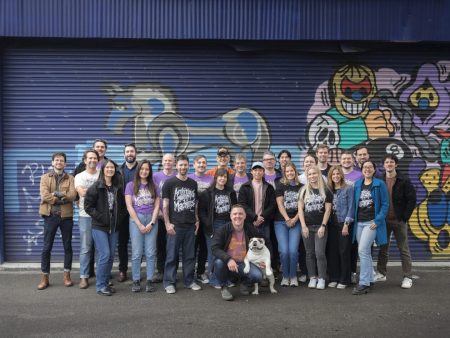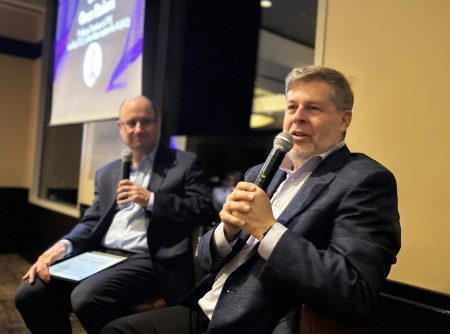At the recent AWS re:Invent conference in Las Vegas, Amazon CEO Andy Jassy made headlines with the unveiling of a new suite of AI foundation models dubbed “Nova.” This announcement marks a significant milestone in Amazon’s efforts to establish its presence in the competitive landscape of artificial intelligence, particularly in the wake of growing demands for such capabilities. Jassy, who has previously led AWS, affirmed the company’s commitment to refining its AI offerings to address perceived delays in participating in the generative AI revolution. By sharing these internally developed models with the public, Amazon aims to demonstrate its ability to innovate in the rapidly evolving AI sector.
The Nova suite comprises several models, each designed to address specific use cases and demands. Among these are the Amazon Nova Micro, which is optimized for cost-effective, low-latency text responses; Nova Lite, a multimodal model that handles text, image, and video processing at a lower cost; and Nova Pro, which strives to strike a balance between speed, accuracy, and affordability for diverse tasks. Notably, the Nova Premier model is touted as Amazon’s most advanced multimodal model, capable of complex reasoning tasks and custom model distillation, with availability expected in the first quarter of next year. Additionally, Amazon is working on Nova Canva for image generation and Nova Reel for video creation, expanding the practical applications of its AI capabilities.
During his presentation, Jassy hinted at future developments in the Nova line, including a speech-to-speech model and an “any to any” model that allows for a flexible input/output system. This innovation suggests a paradigm shift in how AI technologies can be integrated, facilitating interactions that encompass text, speech, images, and video interchangeably. Jassy’s assertion that “this is really multimodal to multimodal” encapsulates the vision of building AI models that can seamlessly interpret and generate various forms of media, positioning Amazon as a leader in this transformative approach to AI.
Amazon’s strategy with the Nova models is part of a larger initiative to enhance the offerings available to AWS customers. Jassy emphasized the importance of providing a broad selection of AI models, reflecting insights gained from extensive customer interactions. The company intends to differentiate itself within the cloud business by offering robust functionality and flexibility, thereby catering to a diverse range of user needs. As Jassy stated, “We’re going to give you the broadest and best functionality you can find anywhere,” underscoring Amazon’s commitment to choice and capability in the AI space.
In addition to the Nova announcement, AWS re:Invent spotlighted various advancements across Amazon’s AI portfolio. Progress in its Trainium and Inferentia AI chips was shared, showcasing the infrastructure that supports these cutting-edge AI models. Furthermore, the introduction of the Amazon Q AI assistant and a collaboration with Anthropic, the creators of the Claude chatbot, highlighted Amazon’s endeavors to enrich its ecosystem with potent AI tools. These developments serve to reinforce Amazon’s strategy to combine AI advancements with its robust cloud services.
Overall, the launch of the Nova models positions Amazon at a crucial juncture in the AI landscape. By actively promoting its own AI technologies alongside established third-party options through the Bedrock service, the company is not only addressing its previous pace in AI innovation but also aspiring to enhance its cloud offerings significantly. As Andy Jassy and his team look to the future, the emphasis on a comprehensive AI strategy reflects an understanding of the increasing demand for sophisticated AI capabilities across industries, suggesting that Amazon is poised to become a formidable player in the AI arena.





